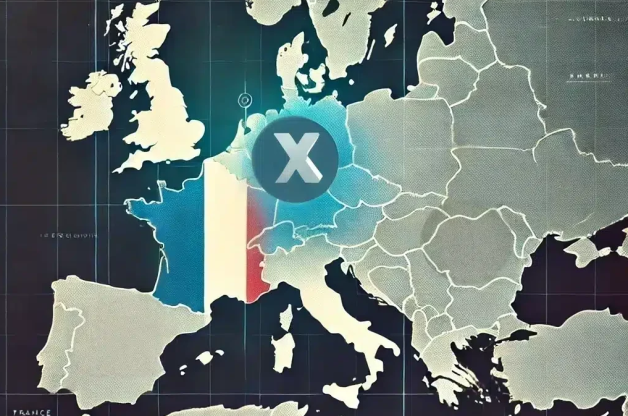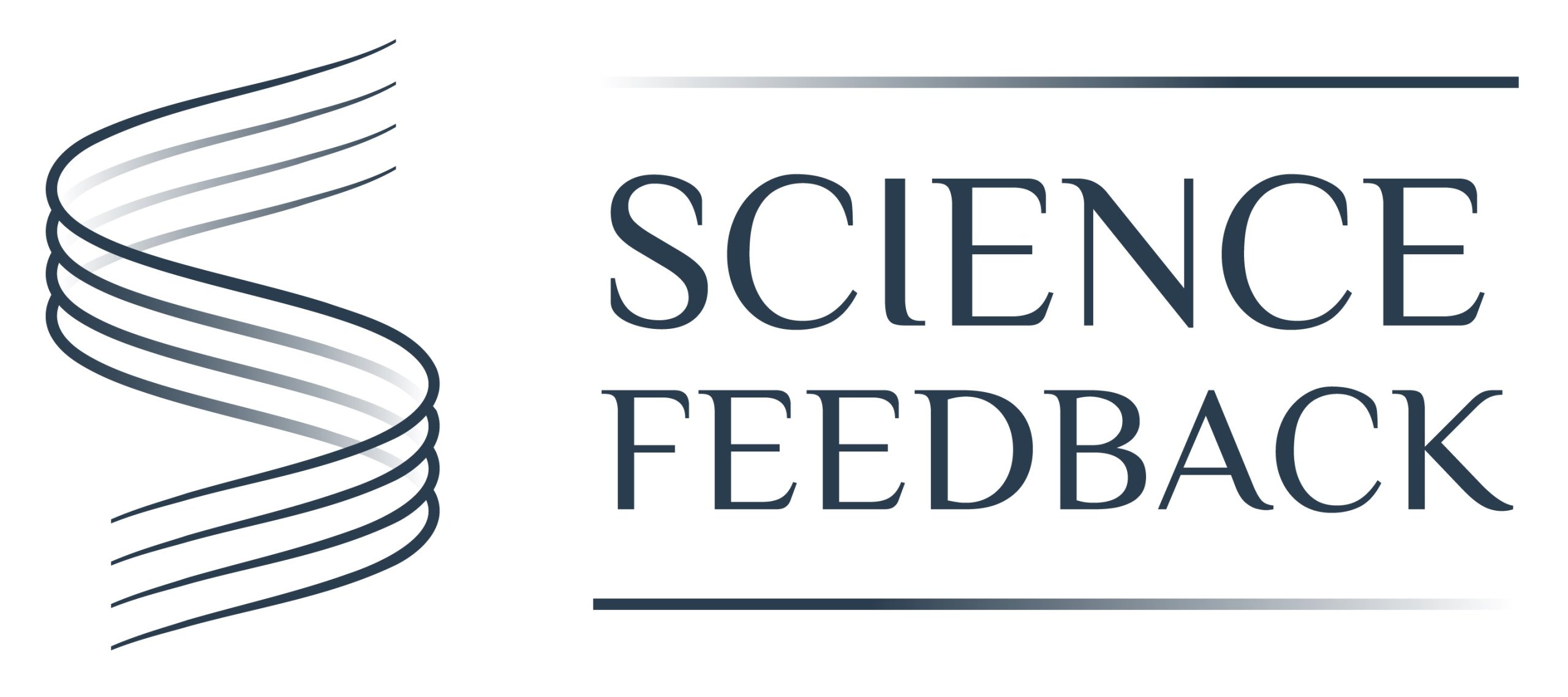About
Science Feedback is a non-profit organization dedicated to verifying the accuracy of scientific content, especially in areas like climate science and health. Their goal is to foster an internet environment filled with reliable, scientifically vetted information by engaging experts to review and offer feedback on media pieces. Their reviews focus on objectivity, accuracy, and logic.
Use Case 1: Twitter/X fails to act on Doppelganger-related notices
Challenge
In collaboration with 11 global organizations, Science Feedback contributed to a report on the Russian disinformation campaign, Doppelganger, which targeted platforms like X and Meta. They identified more than 1,366 tweets from the campaign in July 2024. In September 2024, they aimed to verify whether X had taken any action after the consortium reported these posts and accounts. Science Feedback partnered with The Bright Initiative, using Bright Data’s scraping tools to check the status of the accounts and determine if the posts were still online.
Impact
Science Feedback’s analysis revealed that 663 posts, along with associated accounts, remained active on X. This contradicts the platform’s community guidelines and its commitments under the Digital Services Act, which mandates responses to online harm. These findings underscore the urgent need for stronger enforcement of online platform regulations to prevent the spread of harmful disinformation.
Full report: Twitter/X fails to act on Doppelganger-related notices
Use Case 2: An unfair (algorithmic?) advantage: a popularity premium for low-credibility accounts on YouTube, Facebook and Instagram before the 2024 European Parliament elections
Challenge
In the lead-up to the 2024 European Parliament elections, Science Feedback investigated how social media algorithms might amplify low-credibility accounts on platforms such as YouTube, Facebook, and Instagram. This study analyzed content distribution patterns to determine whether these algorithms provided a “popularity premium” that favored disinformation or misleading accounts over credible sources. Collaborating with The Bright Initiative, Science Feedback leveraged Bright Data’s scraping tools to collect and analyze vast datasets from these platforms, tracking engagement metrics and identifying accounts with low credibility. The goal was to uncover how platform algorithms influenced the visibility and reach of such accounts.
Impact
Science Feedback’s analysis revealed a stark disparity in engagement between low-credibility and high-credibility accounts, even after controlling for follower counts. Posts from low-credibility accounts received 2.3 times more engagement on Instagram, 3.2 times more on Facebook, and 1.4 times more views on YouTube per 1,000 followers compared to those from high-credibility accounts. When focusing on EU- and election-related content, this “low-credibility premium” was even more pronounced, with low-credibility accounts achieving 1.7 times more engagement on Instagram, 7.6 times more on Facebook, and 2.4 times more views on YouTube per 1,000 followers.
These findings suggest that platform recommender systems prioritize engagement optimization objectives over account credibility, potentially amplifying disinformation at a systemic level. The results challenge platforms’ adherence to the Digital Services Act election guidelines and their Commitments under the Code of Practice on Disinformation, raising concerns about the fairness of algorithmic recommendations and their impact on high-credibility content creators.



